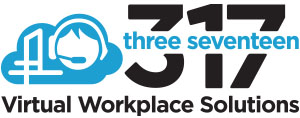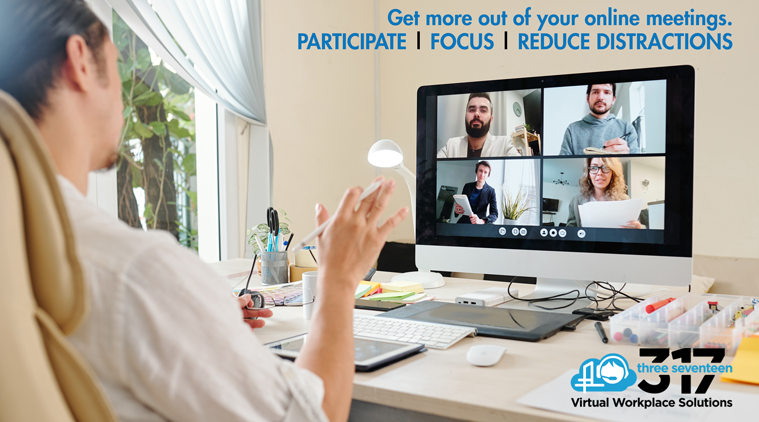Do you feel as though you are on a Zoom merry-go-round? You wake up, have back-to-back Zoom meetings. Eat. Sleep. Wake up and start again.
We know your day has much more going on than a series of Zoom calls, but to you, it may not feel like that. Our forms of communication have shifted to remain safe, but how do we successfully network when we don’t have the opportunity for in-person connections? Is there a way to build relationships virtually?
The answer to that question is yes. It may take a bit of practice, but if you follow some of the suggestions below, you’ll feel much better about your time spent in your online meetings.
Staring at a screen for periods of time can often lend to distractions as it may be tough to focus.
When you make an effort to pay attention to the person(s) speaking, you should walk away with helpful information that can help with something you’re working on (i.e., a joint project with a colleague).
Or, if you’re getting to know someone, the more you listen, the more you have to talk about, especially if it’s a relationship that’s important to what you do.
Reduce Distractions
- Making an effort to focus and actually doing it can be a challenge.
- One of the biggest distractions is seeing yourself on the screen. If the platform permits, remove that option or move the view to look at yourself.
- If you’re in a chair that swivels, don’t spin left and right as it can distract other viewers.
- Make sure your desk is free of items to fidget with, which takes away your attention and can also be a distraction to the other attendees.
Active Participation
If you want to demonstrate your knowledge, being an active participant is a great way to do that. Are you the moderator? If so, it’s your job to keep the conversation flowing while balancing the discussion between the speaker(s) and other attendees. It’s essential to have an agenda delivered to the key people in advance so everyone understands the topic and timeline.
When it’s your time to speak, look up so that everyone can see your face and see that you’re engaged in the conversation. This action also helps you build relationships as people continue to get familiar with you.
Do Your Homework
If you have the list that has the names of each person invited to the conversation, take a few minutes and do some quick research of the people you do not know well or at all. Entering their name into the LinkedIn profile field is a great way to get snippets of important information to help you connect when you meet online.
For instance, if you’re to ask a question of an individual and you know a bit of information about him/her, you could personalize the conversation to include something you learned online.
We suggested LinkedIn as each individual creates their profile versus a random online search that may or may not be truthful.
Put Yourself Out There
Volunteer to moderate or be part of a panel of speakers. When you are an active participant, people take notice, and the more you do it, the better you will be. As always, do your homework in advance so that the questions you come up with, or the knowledge you’re sharing, are insightful and keep people interested.
Be the “star” and shine while providing quality information. Still, if other people will also be speaking, or if it’s an open conversation, you must be respectful and allow others to shine too.
Zoom-Fatigue is Real
If you have back-to-back virtual meetings or lengthy phone calls all day, you’re bound to get exhausted mentally and physically. If this happens frequently, and you have a say in the schedule, do your best to shorten the meeting time and stick to it. Colleagues will remember you as efficient and respectful.
If you’re experiencing this fatigue, others are too.
These types of meetings will still occur, even when we’re back to in-person, but while we’re in the thick of it, use some of the tips above to reduce the amount of stress that comes with prolonged periods of staring at the screen.
Apply your energy effectively and efficiently, and you’ll get more out of your online meetings.

